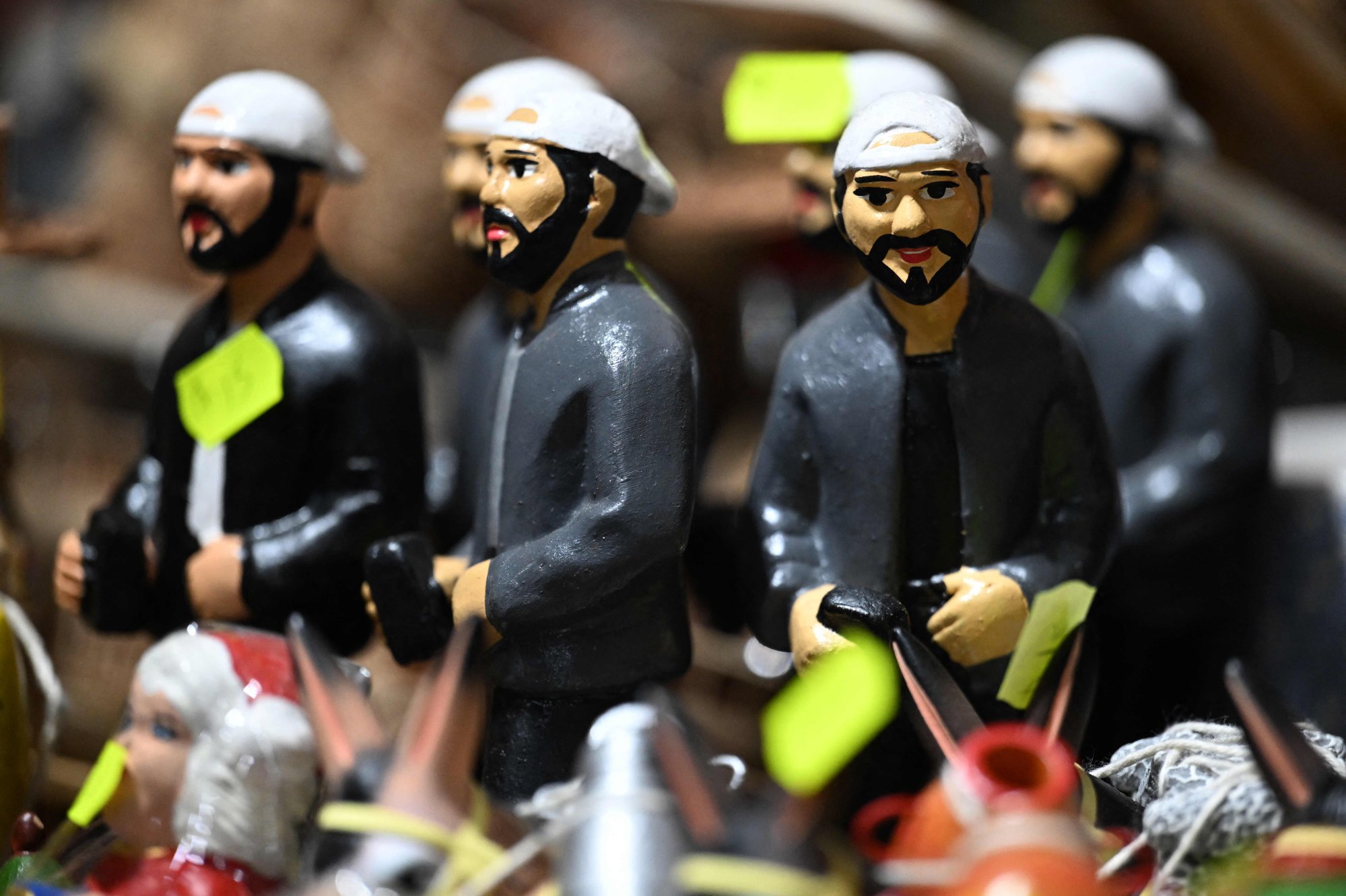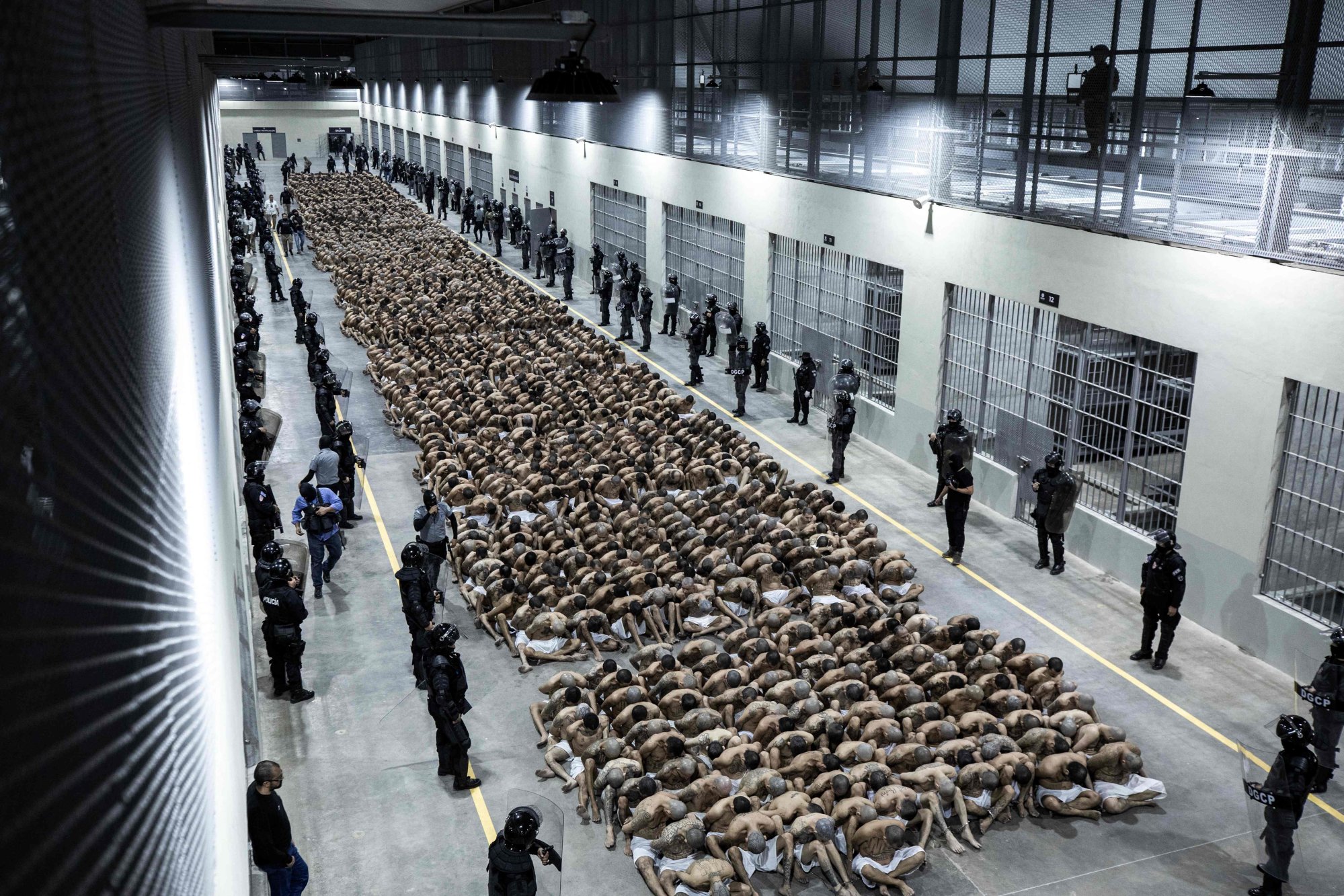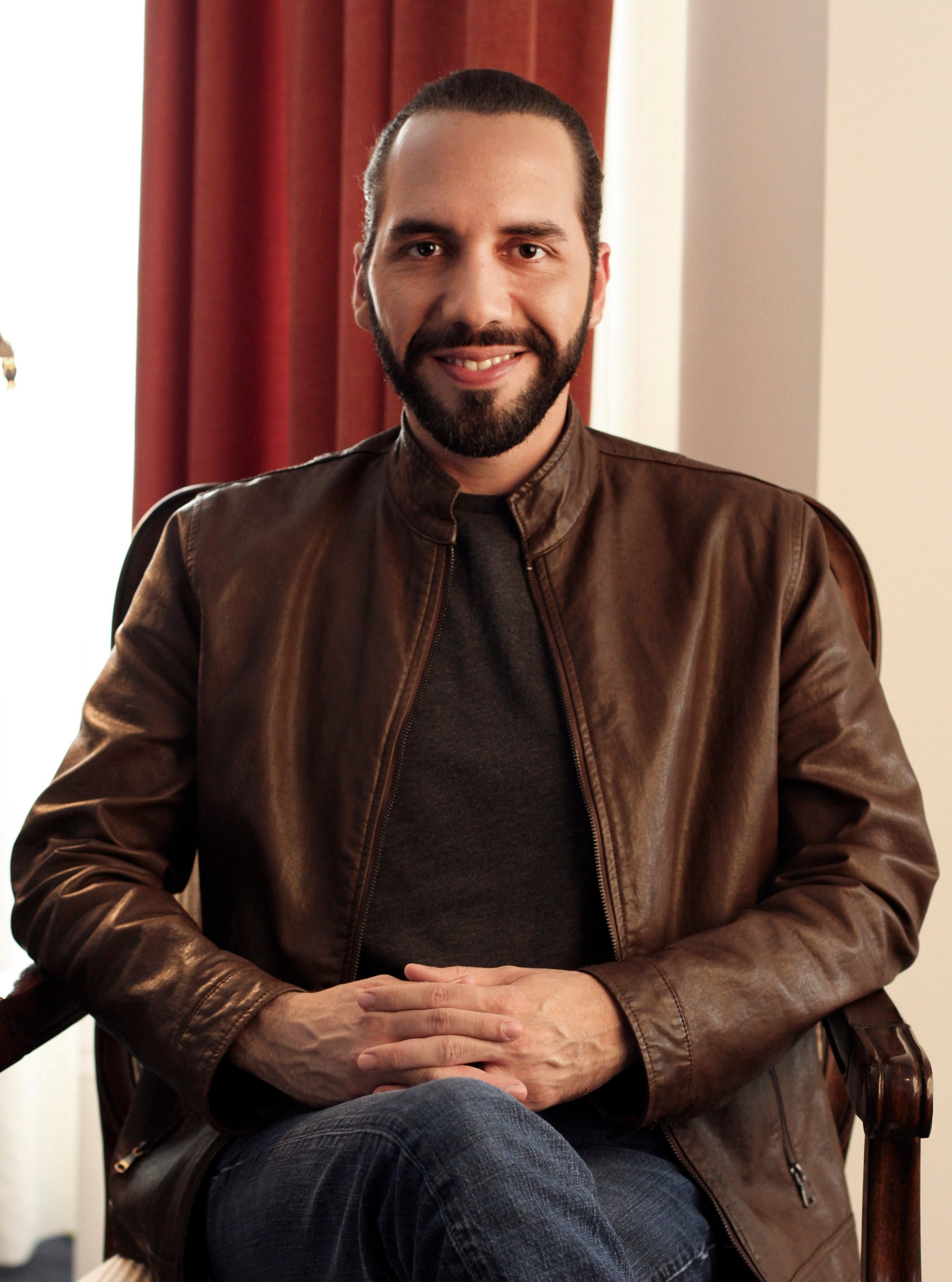El Salvador’s President Nayib Bukele, who has described himself as the “World’s Coolest Dictator”, has in less than five years transformed El Salvador from a country infamous for its record on murder and gangs to a nation with one of the lowest homicide rates in the Americas.
That record means he is all but certain to be re-elected in a presidential election on Sunday for another five-year term – despite a constitutional bar on immediate re-election, voter worries about the economy, and criticism of his draconian crackdown on civil and human rights.
Under him, more than 2 per cent of the adult population of the Central American country is behind bars and several constitutional rights have been shelved, prompting critics to call him a modern day autocrat.
But Salvadoreans weary of years of gang violence can live in ways unimaginable before.

Once barred from going to neighbourhoods controlled by rival gangs, residents can now freely move around. They can open businesses without paying crushing extortion fees. They can play with their children or sit with friends outside past sunset.
They may be torn over the erosion of civil liberties, but many say they will still support Bukele.
‘Dictator of El Salvador’ basks in popularity as he wages war on gangs
‘Dictator of El Salvador’ basks in popularity as he wages war on gangs
“Why switch leaders? To go back to the same? We’re happy without the gangs and he needs power to keep making change,” said Elmer Martinez, a 53-year-old construction worker in the capital San Salvador.
Under Bukele, security forces can now arrest anyone without a warrant on evidence as flimsy as an anonymous tip, the government has unfettered access to private communications, and detainees can be held without charge.
Rights groups have denounced the arbitrary arrests of innocent people, torture, and deaths of prisoners in custody.
A January 2024 opinion poll from the University of Central America’s public opinion institute showed 82 per cent of voters supporting Bukele.
At just 4 per cent in polls, the next closest candidate is Manuel “Chino” Flores for the legacy left-wing Farabundo Marti National Liberation Front (FMLN), which ran the country for 10 years prior to Bukele.
With approval ratings that any sitting president would envy, Bukele has become an inspiration for hardline crackdowns on crime elsewhere in Latin America.

Presidents Xiomara Castro of Honduras and Daniel Noboa of Ecuador – countries beset by violence perpetrated by gangs with links to powerful international cartels – have both evoked the Bukele example.
And people in countries as far away as Chile and Argentina, where crime is seen as a growing problem, have been calling for a tougher government approach echoing El Salvador.
There is even a term for it: Bukelisation.
Ecuador vows to crush gangs, deploys more than 22,000 soldiers
Ecuador vows to crush gangs, deploys more than 22,000 soldiers
Bukele, a 42-year-old former publicist, has alongside the gang crackdown sought to project an image of a transformed, modern nation.
He made El Salvador the world’s first to accept bitcoin as legal tender and is a regular on Instagram and TikTok.
Rejecting suits in favour of jeans with tight crew-neck sweaters, he set the tone for his presidency when he opened his address to the UN General Assembly in 2019 by taking a selfie posted to Twitter, now known as X.

His popularity has been reinforced by a powerful media machine that includes teams of paid internet trolls who flood social networks with government propaganda while whitewashing controversy, manipulating facts, drowning out dissent and targeting journalists and political opponents.
Bukele has warned that a vote for the opposition would mean a return to the past, when El Salvador was known as the “world’s most dangerous country”.
The opposition fiercely denies this. It has warned Bukele is chipping away at El Salvador’s young democracy in a country that fought a civil war from 1979 to 1992 to end one-party rule.
Seats in Congress will also be up for grabs on Sunday and Bukele’s New Ideas party is predicted to keep its majority.
The president has also stacked courts with loyalists who have blocked investigations into an apparent early government pact with the gangs and ministers accused of embezzlement. Their interpretation of the constitution paved the way for him to run for re-election.
In the longer term, Salvadoreans say they will need change beyond the security situation. Extreme poverty and hunger rose during Bukele’s time in office and state debt shot up.
Additional reporting by Agence France-Presse

